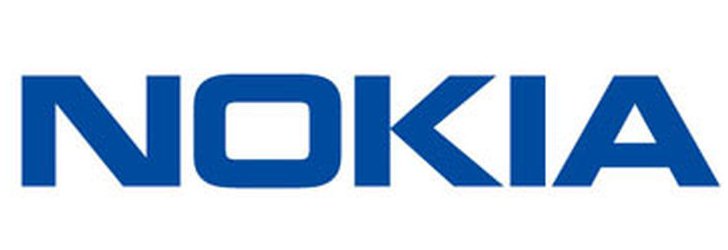Call for better partnerships between vendors and operators to transform networks is backed by Ovum 50-operator report findings
London, UK – Greater partnership working will be a critical factor in operators achieving network transformation while also meeting the current unprecedented demand for broadband capacity and quality of service needs across the world, Nokia’s VP of Fixed Networks Professional Services said today.
Coert de Boer was addressing the opening day conference at the Broadband World Forum, in London, where Nokia is also showcasing its Gigabit Smart Build portfolio launched last week.
De Boer told a packed audience there were three steps to the “heaven” of true broadband evolution – preparation, deployment and managing and optimizing gigabit service delivery.
“For several years, operators have experienced the difficulties of needing to introduce new technology evolutions in their network and keep customers happy at the same time, but we have never before seen the sheer speed at which they need to do this today,” he said. “They are generally good at managing operational tasks like technology updates, moves, adds and changes but struggle when it comes to larger access network transformation and major upgrades that can have a more severe impact on their business, network and operations.
 “The sheer complexity of what is needed for true network transformation today needs to be carefully managed throughout the whole process, so that the intended business benefits of achieving the program in terms of financial stability, quality of service and time-to-market are realized.”
“The sheer complexity of what is needed for true network transformation today needs to be carefully managed throughout the whole process, so that the intended business benefits of achieving the program in terms of financial stability, quality of service and time-to-market are realized.”
His call for working in partnership with operators was backed by a new report from Ovum, which interviewed 50 wireline access providers around the world to understand their priorities for network transformation. Among its conclusions was that a major challenge was choosing the best technology strategy and understanding its impact on future upgrades, new revenue opportunities, and meeting roll-out targets and network optimization goals. A significant factor in achieving this would be enhanced vendor relationships, improved tools and targeting internal talent gaps within the operator workforce.
De Boer went on to explain how Nokia’s Gigabit Smart Build was launched following the upgrade and transformation of ten key programs with customers worldwide in their wireline broadband access networks.
The three steps included preparation by using Nokia Bell Labs’ patented Business and Technology Modelling tools to build viable and accurate business cases; deployment through its Network Build Control Management service – already reducing installation and activation costs by around 40% – and managing and optimizing the gigabit services. This third aspect uses patented methodologies and tools to speed up and simplify legacy networks migration and a Network Assessment and Health Check that can analyze big data, providing a unique insight into network performance and capacity management.
Benefits where Nokia has already introduced these services have been dramatic. They focus around assured quality, where roll-out errors have been reduced by a factor of three, time-to-market savings of up to 50% and an increased return on investment (ROI) as operators are helped to choose the best evolution path with more than 95% accuracy through optimizing roll-outs and lifestyle management and reducing legacy migration costs in the process.
“Successfully rolling out gigabit networks relies on three factors; experience, expertise and automation and our track record of innovation and holistic approach covers all aspects of this,” said De Boer. “Basically it comes down to taking the guess work out of broadband network roll-outs. Working with operators we can deliver tremendous benefits and predictable results in terms of time-to-market, cost reductions and first-time-right execution, while sharply reducing any disruptions for communities and citizens.”

Leave Your Comments